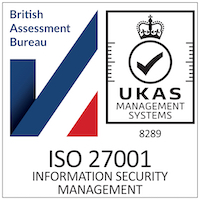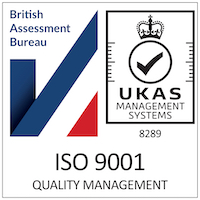
Wireless Testing
We can help protect your wireless networks by helping you remove vulnerabilities and misconfigurations.
Whilst wireless hacking is less common than remote hacking, as the hacker would need to be within physical reach of the signal, there has been an increase in the number of breaches initiated through wireless networks.
Wi-Fi testing is the most common of wireless testing, which is covered in a full penetration test or an IT Health Check, and our network testing includes testing for:
- Rogue access points
- Brute force
- Packet injection weaknesses
- Access key vulnerabilities
- Misconfiguration
- Poor or no encryption algorithms
- Default or hidden router setups
- Guest Wi-Fi weaknesses or misconfiguration
Our wireless testing also covers technologies including GPRS/GSM/EDGE, LTE, Bluetooth, Wi-Fi, RFID and NFC.








Social Engineering
Social engineering is an increasing and dangerous type of attack that involves tricking someone into divulging confidential or personal information, usually through technology. This data can then be used by or sold on to criminals to commit fraudulent activity. It’s become so commonplace, that it’s actually overtaking the amount of technical hacks.
Criminals use social engineering to take advantage of the victim’s natural tendencies and emotional reactions; assuming you have a strong password, it would be much easier to fool someone to give you this rather than hacking the passwords.
Some elements of social engineering are now an essential part of a full penetration test, adding in elements to test the human weaknesses often referred to as the “Human Network”.
We have designed 3 testing elements which can be run as stand-alone tests or added to your next penetration test: